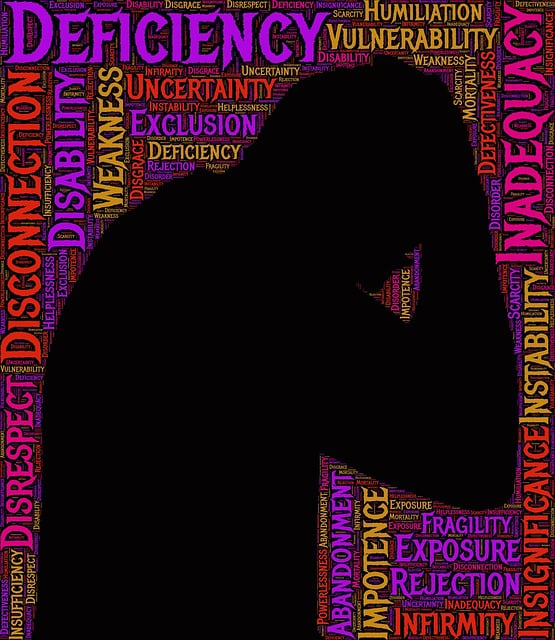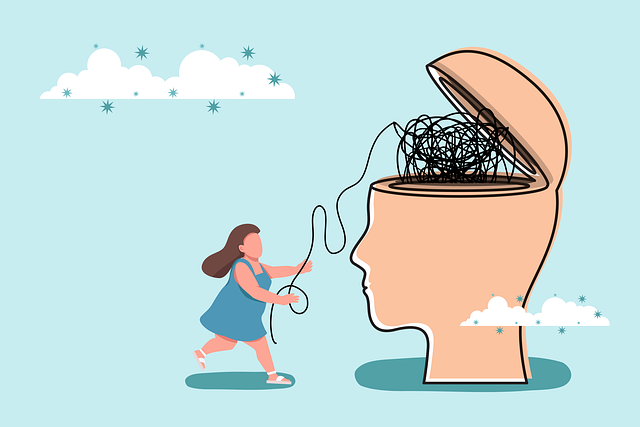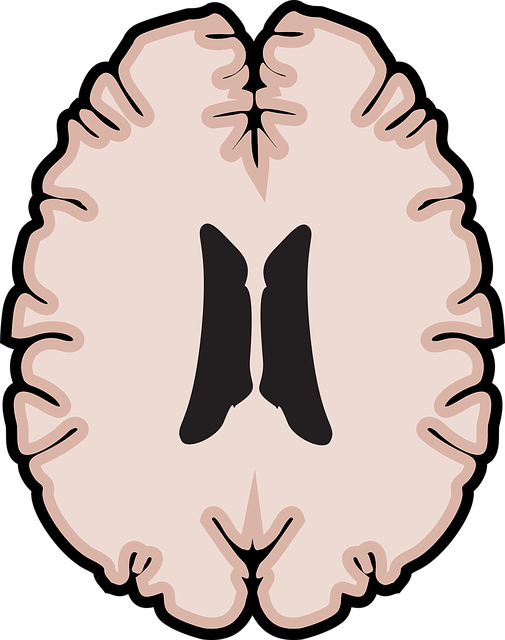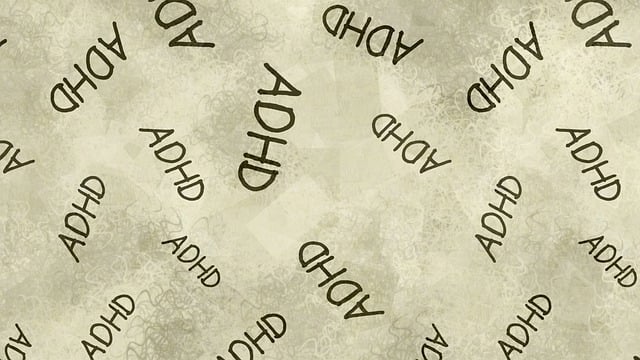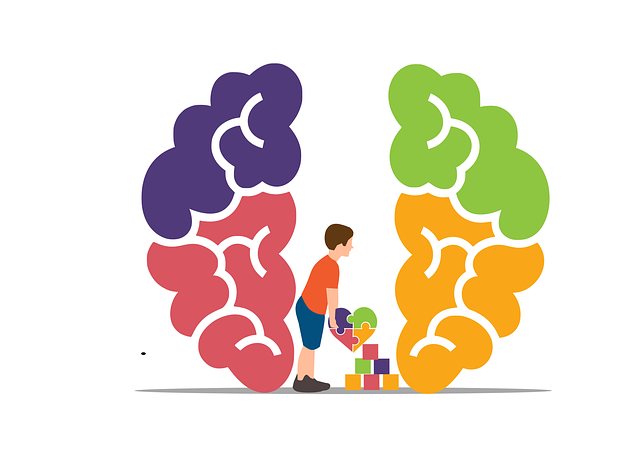Mental health advocacy initiatives, like Boulder Interpersonal Issues Therapy (BIIT), are transforming public perception of mental illness through awareness campaigns, workshops, and supportive communities. BIIT focuses on emotional intelligence, interpersonal issues, and coping mechanism enhancement, reducing stigma, promoting early intervention, and fostering holistic mental health. By integrating public education, self-awareness exercises, and online resources, these initiatives aim to create a compassionate society where everyone can access the support they need for improved emotional resilience and well-being.
Mental health advocacy initiatives play a pivotal role in creating awareness, breaking down stigma, and promoting accessibility to resources. This article delves into the power of such initiatives, highlighting key strategies and successful examples like Boulder Interpersonal Issues Therapy (BIIT). We explore how BIIT fosters community engagement, offering a compelling case study that demonstrates the impact of grassroots mental health advocacy. Furthermore, we navigate challenges and solutions, providing insights for effective initiatives in today’s digital era.
- Understanding Mental Health Advocacy: The Role of Initiatives in Creating Awareness
- Boulder Interpersonal Issues Therapy: A Case Study on Community Engagement
- Strategies for Effective Mental Health Advocacy Initiatives
- Overcoming Barriers: Challenges and Solutions in Promoting Mental Wellbeing through Advocacy
Understanding Mental Health Advocacy: The Role of Initiatives in Creating Awareness

Mental health advocacy initiatives play a pivotal role in shaping public understanding and breaking down stigma surrounding mental illness. These endeavors focus on raising awareness, educating communities, and promoting early intervention. By fostering open conversations about various interpersonal issues that contribute to emotional distress, such as those addressed by Boulder Interpersonal Issues Therapy, these initiatives aim to destigmatize seeking help.
Through creative campaigns, workshops, and support groups, individuals are encouraged to embrace self-awareness exercises and inner strength development. This holistic approach not only empowers people to manage their mental health but also fosters resilience in the face of life’s challenges. Ultimately, advocacy initiatives work towards a more compassionate society where emotional healing processes are accessible and supported for all.
Boulder Interpersonal Issues Therapy: A Case Study on Community Engagement

Boulder Interpersonal Issues Therapy (BIIT) is a community-driven program that exemplifies innovative mental health advocacy. This initiative focuses on fostering emotional intelligence and enhancing coping mechanisms within individuals, particularly targeting interpersonal issues that often contribute to burnout prevention strategies for healthcare providers. By engaging with the local community, BIIT offers a unique approach to mental well-being. The program encourages self-esteem improvement through group therapy sessions, workshops, and individual counseling, creating a supportive environment where individuals can openly discuss their struggles.
This case study highlights the power of community engagement in mental health advocacy. By providing accessible resources, BIIT reduces the stigma surrounding interpersonal challenges and promotes early intervention. Through its comprehensive approach, the initiative not only addresses immediate concerns but also equips participants with long-lasting skills to navigate life’s difficulties, ensuring improved emotional resilience and overall well-being.
Strategies for Effective Mental Health Advocacy Initiatives

Mental health advocacy initiatives require a multifaceted approach to effectively address interpersonal issues and promote overall well-being. One powerful strategy is the integration of public awareness campaigns, which can help destigmatize mental health conversations and encourage open dialogue. By utilizing various media platforms, these campaigns can educate communities about the signs and symptoms of common mental health disorders, fostering an environment where individuals feel comfortable seeking support.
Additionally, incorporating Mind Over Matter principles into advocacy efforts has proven to be transformative. Encouraging self-awareness exercises and mindfulness practices empowers individuals to take control of their mental health. Such initiatives can range from community workshops teaching stress management techniques to online resources providing accessible therapy sessions. Through these strategies, Boulder Interpersonal Issues Therapy aims to create a supportive ecosystem that nurtures resilience and promotes holistic mental well-being.
Overcoming Barriers: Challenges and Solutions in Promoting Mental Wellbeing through Advocacy

Mental health advocacy plays a pivotal role in breaking down barriers that prevent individuals from seeking support and prioritizing their wellbeing. One significant challenge lies in addressing interpersonal issues, which often keep people from discussing their struggles openly. These may include fear of judgment, stigma, or concerns about privacy. To overcome these hurdles, advocacy initiatives emphasize education and awareness campaigns to destigmatize mental health conversations. By promoting understanding and empathy, communities can foster an environment where individuals feel safe to reach out for help.
Boulder Interpersonal Issues Therapy (BIIT) serves as a powerful tool in this regard, focusing on relationship dynamics and communication strategies to enhance self-care practices. Incorporating stress management techniques and resilience-building exercises tailored to individual needs equips people with the skills to navigate interpersonal challenges effectively. Through such advocacy efforts, individuals can develop coping mechanisms, strengthen support systems, and take proactive steps towards maintaining and improving their mental wellbeing.
Mental health advocacy initiatives, such as the case study of Boulder Interpersonal Issues Therapy, demonstrate that community engagement is a powerful tool for creating awareness and promoting mental wellbeing. By employing strategies that overcome barriers and challenge societal stigma, these initiatives can effectively advocate for better mental health support. Understanding the role of each component discussed in this article, from awareness creation to overcoming barriers, equips us to foster more inclusive and supportive communities, ensuring everyone has access to quality mental healthcare.

